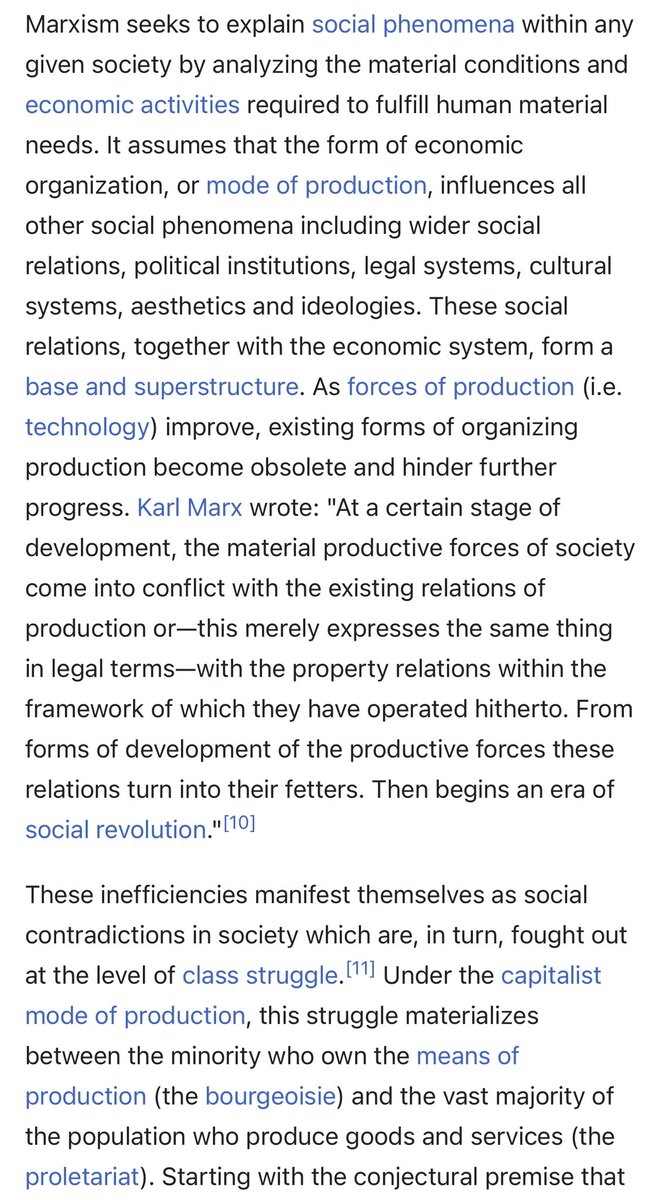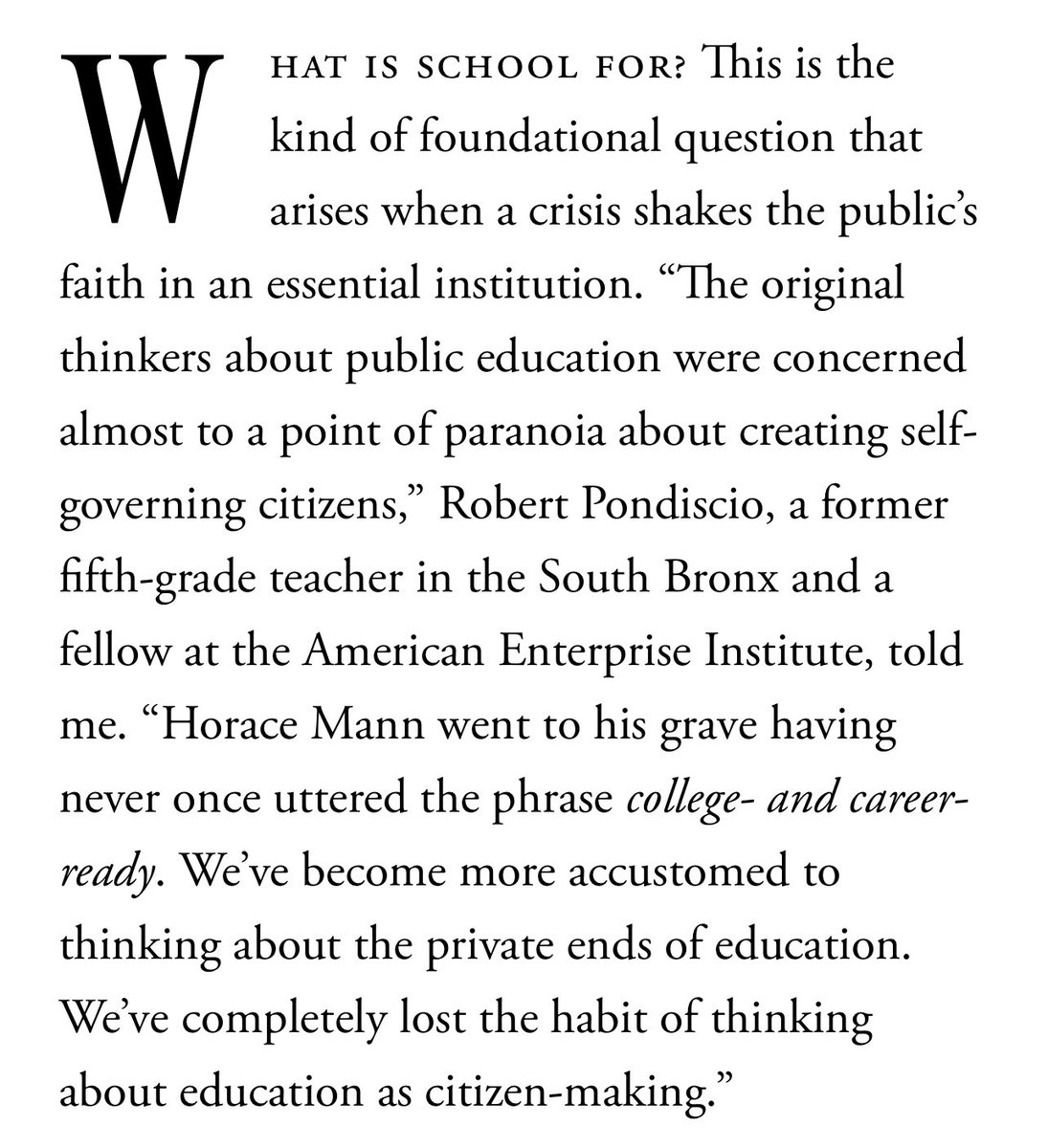
What is the antidote to the suffering and malevolence of life? The highest possible goal.
What is the prerequisite to pursuit of the highest possible goal? Willingness to adopt the maximum degree of responsibility. (1/4)
What is the prerequisite to pursuit of the highest possible goal? Willingness to adopt the maximum degree of responsibility. (1/4)
You might object: “Why should I shoulder all that burden? It is nothing but sacrifice, hardship, and trouble.” But what makes you so sure you do not want something heavy to carry? You positively need to be occupied with something weighty, deep, profound, and difficult. (2/4)
Then, when you wake up in the middle of the night and the doubts crowd in, you have some defense: (3/4)
“For all my flaws, which are manifold, at least I am doing this. At least I am taking care of myself. At least I am of use to my family, and to the other people around me. At least I am moving, stumbling upward, under the load I have determined to carry.” (4/4)
• • •
Missing some Tweet in this thread? You can try to
force a refresh







